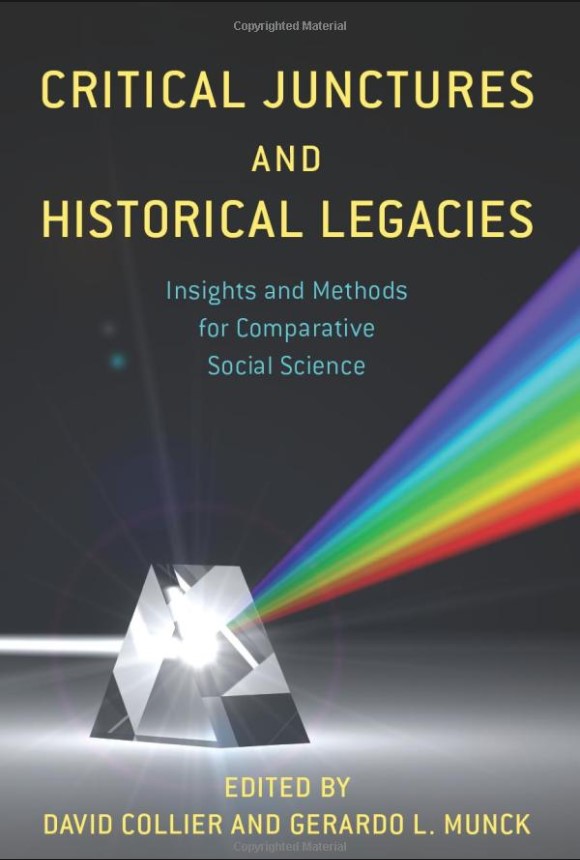Special Topics in Political Theory: Roman Law
Roman law (or the ‘Civil Law’) was the foundation for Western legal science and, for many centuries, provided a common language for theorists of politics and the state. This course aims to demystify this legal language and trace its later legacies in modern political thought and jurisprudence. The first part of the course will cover the essentials of classical Roman law, with selected readings and cases from Justinian’s Institutes and the Digest. Topics will include the history and sources of classical Roman law, civil procedure (especially formulary method), the law of persons, the Roman family, property, succession, and obligations. With this background, the second part of the course will trace how techniques of Roman legal reasoning shaped fundamental idioms of modern political theory and the modern social sciences, such as personality, sovereignty, rights, liberty, representation, and the theory of the social contract. The course will also briefly consider the modern Reception of Roman law in modern legal systems such as the French Civil Code, the German Civil Code, and Roman-Dutch law, which had a global influence as instruments to govern colonial dependencies. Major textual sources may include Hotman, Bodin, Grotius, Hobbes, Pufendorf, and Kant. Latin is not required for this course, although students will be expected to learn essential legal terms in Latin.
Subfield: Political Theory




